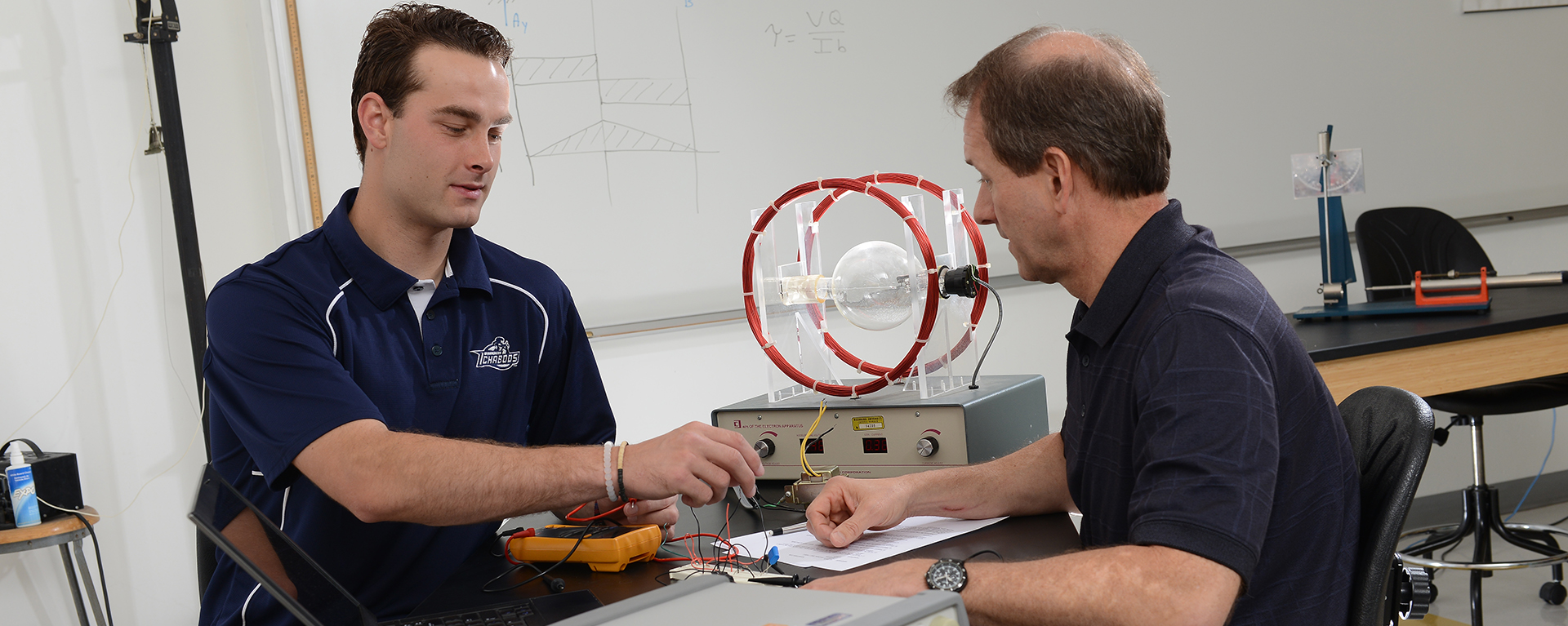
Physics & Astronomy Research
The department's research activities span a wide range of topics, including astrobiophysics (contact Dr. Brian Thomas) and numerical relativity (contact Dr. Karen Camarda). Students are encouraged to discuss possible research projects with faculty, particularly with completion of the Washburn Transformational Experience in mind.
In cooperation with several other departments in the Division of Natural Sciences and Mathematics, the Physics & Astronomy Department houses a state-of-the-art high performance computing cluster known as HiPACE. This computing environment is used for both teaching and research purposes, and students have the opportunity to use the facility for projects in classes and for research work with faculty.
Undergraduate Physics Research
One of the great strengths of the Washburn Physics Department is our small size - every student enjoys the benefits of small classes, personalized attention from the faculty, and the opportunity to engage in research projects starting as early as the student has interest. Student research projects are available in the following areas:
Astrobiophysics
- Computational models with observational and experimental data are used to answer questions about how astrophysical phenomena effect life on Earth. For example:
- How has life on Earth been affected by radiation from events like solar storms, gamma-ray bursts, and supernova explosions?
- How has the history of life on Earth been shaped by changes in Earth’s atmosphere?
Numerical Relativity
- Computer simulations of neutron stars and black holes
- Computer simulations of gravitational waves
- Numerical methods applied to relativistic astrophysics
GET IN TOUCH WITH Physics & Astronomy Department
Physics & Astronomy Department
Stoffer Science Hall, Room 210
1700 SW College Ave.
Topeka, KS 66621
Phone & Email
Phone: 785.670.2141
physics@washburn.edu
engineering@washburn.edu

